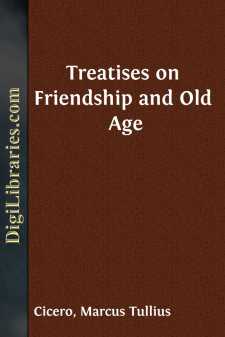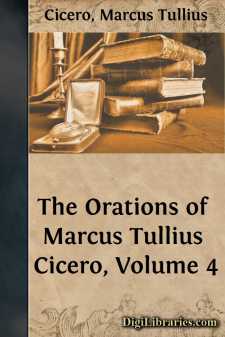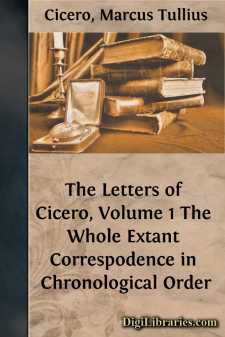Categories
- Antiques & Collectibles 13
- Architecture 36
- Art 48
- Bibles 22
- Biography & Autobiography 816
- Body, Mind & Spirit 145
- Business & Economics 28
- Children's Books 17
- Children's Fiction 14
- Computers 4
- Cooking 94
- Crafts & Hobbies 4
- Drama 346
- Education 58
- Family & Relationships 59
- Fiction 11834
- Foreign Language Study 3
- Games 19
- Gardening 17
- Health & Fitness 34
- History 1378
- House & Home 1
- Humor 147
- Juvenile Fiction 1873
- Juvenile Nonfiction 202
- Language Arts & Disciplines 89
- Law 16
- Literary Collections 686
- Literary Criticism 179
- Mathematics 13
- Medical 41
- Music 40
- Nature 179
- Non-Classifiable 1768
- Performing Arts 7
- Periodicals 1453
- Philosophy 66
- Photography 2
- Poetry 897
- Political Science 203
- Psychology 45
- Reference 154
- Religion 516
- Science 126
- Self-Help 85
- Social Science 82
- Sports & Recreation 34
- Study Aids 3
- Technology & Engineering 59
- Transportation 23
- Travel 463
- True Crime 29
Our website is made possible by displaying online advertisements to our visitors.
Please consider supporting us by disabling your ad blocker.
Treatises on Friendship and Old Age
Categories:
Description:
Excerpt
INTRODUCTORY NOTE
MARCUS TULLIUS CICERO, the greatest of Roman orators and the chief master of Latin prose style, was born at Arpinum, Jan. 3, 106 B.C. His father, who was a man of property and belonged to the class of the "Knights," moved to Rome when Cicero was a child; and the future statesman received an elaborate education in rhetoric, law, and philosophy, studying and practising under some of the most noted teachers of the time. He began his career as an advocate at the age of twenty-five, and almost immediately came to be recognized not only as a man of brilliant talents but also as a courageous upholder of justice in the face of grave political danger. After two years of practice he left Rome to travel in Greece and Asia, taking all the opportunities that offered to study his art under distinguished masters. He returned to Rome greatly improved in health and in professional skill, and in 76 B. C. was elected to the office of quaestor. He was assigned to the province of Lilybarum in Sicily, and the vigor and justice of his administration earned him the gratitude of the inhabitants. It was at their request that he undertook in 70 B. C. the Prosecution of Verres, who as Praetor had subjected the Sicilians to incredible extortion and oppression; and his successful conduct of this case, which ended in the conviction and banishment of Verres, may be said to have launched him on his political career. He became aedile in the same year, in 67 B.C. praetor, and in 64 B. C. was elected consul by a large majority. The most important event of the year of his consulship was the conspiracy of Catiline. This notorious criminal of patrician rank had conspired with a number of others, many of them young men of high birth but dissipated character, to seize the chief offices of the state, and to extricate themselves from the pecuniary and other difficulties that had resulted from their excesses, by the wholesale plunder of the city. The plot was unmasked by the vigilance of Cicero, five of the traitors were summarily executed, and in the overthrow of the army that had been gathered in their support Catiline himself perished. Cicero regarded himself as the savior of his country, and his country for the moment seemed to give grateful assent.
But reverses were at hand. During the existence of the political combination of Pompey, Caesar, and Crassus, known as the first triumvirate, P. Clodius, an enemy of Cicero's, proposed a law banishing "any one who had put Roman citizens to death without trial." This was aimed at Cicero on account of his share in the Catiline affair, and in March, 58 B. C., he left Rome. The same day a law was passed by which he was banished by name, and his property was plundered and destroyed, a temple to Liberty being erected on the site of his house in the city. During his exile Cicero's manliness to some extent deserted him. He drifted from place to place, seeking the protection of officials against assassination, writing letters urging his supporters to agitate for his recall, sometimes accusing them of lukewarmness and even treachery, bemoaning the ingratitude of his' country or regretting the course of action that had led to his outlawry, and suffering from extreme depression over his separation from his wife and children and the wreck of his political ambitions....





